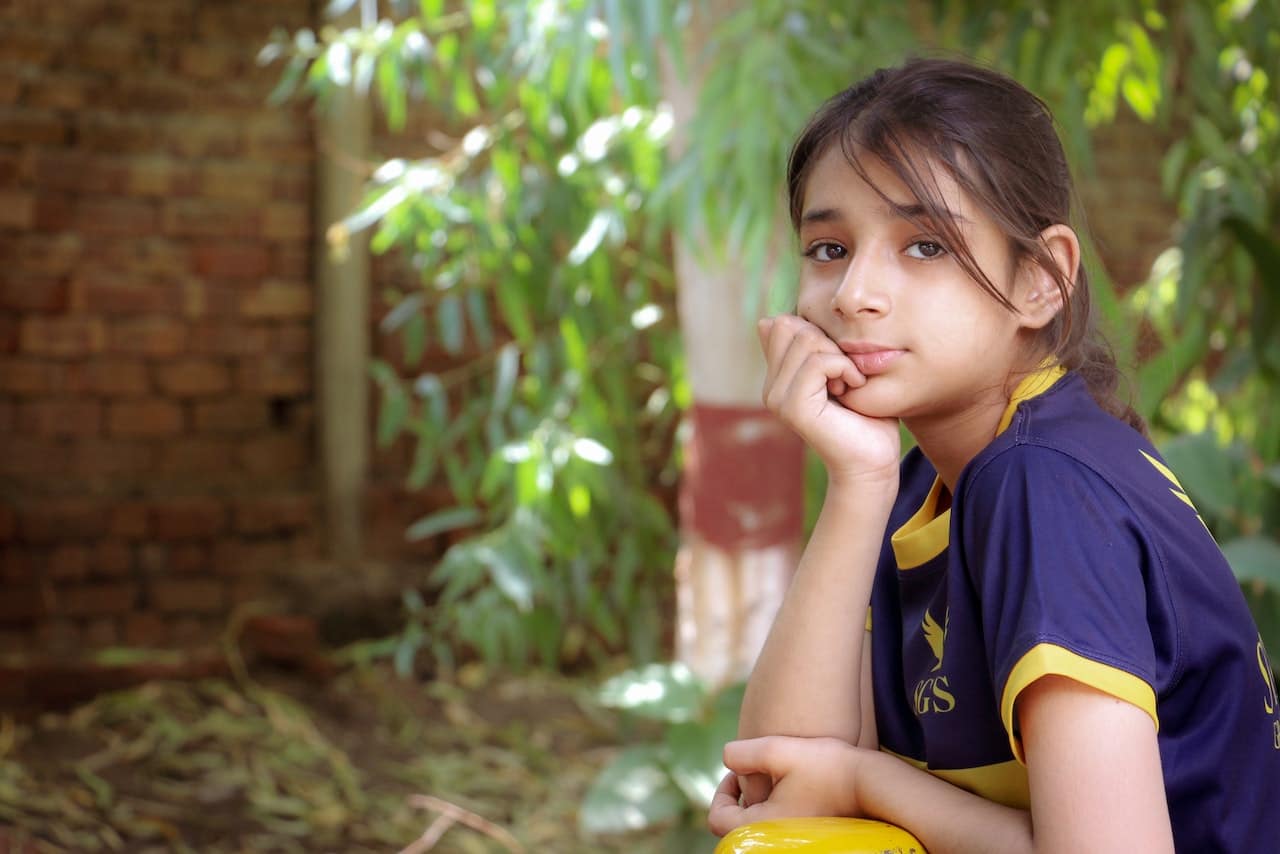In Australia, there’s no specific age at which a child can unilaterally decide who to live with.
The Family Law Act focuses on the “best interests of the child” as the primary consideration in custody arrangements.
While a child’s views are considered, the weight given to those views depends on factors like age, maturity, and understanding of the situation.
For children aged 12 and above, their opinions are generally given more weight, but it’s not a guarantee that the court will abide by their wishes.
Legal advice is often recommended for navigating these complex issues.
The question “At what age can a child decide who to live with” is a complex and often emotionally charged issue many separated or divorced parents face.
This article aims to clarify this topic, drawing insights from various legal experts and family law practices.
Table of Contents
ToggleThe Age Factor: Not a Clear-Cut Answer
Contrary to popular belief, there is no specific age at which a child can unilaterally decide who they want to live with.
However, the court does give weight to a child’s views depending on their age, maturity, and understanding of the situation.
Age 12 and Above
Children aged 12 and above are generally considered mature enough to express their views. In identifying when can a child make custody decisions, the child’s age and maturity are crucial in determining their capacity to participate in custody decisions. While there is no specific age at which a child can automatically make custody decisions, Australian courts generally perceive children aged 12 and older as having a greater capacity to express their opinions. It is essential to note, however, that the weight given to a child’s opinion is ultimately up to the court, which considers the child’s maturity, comprehension, and reasoning ability.
However, this is not a hard and fast rule, and the court may still override the child’s wishes if they conflict with their best interests.
Below Age 12
For children below the age of 12, their opinions may still be considered but are less likely to be the determining factor.
The court will look at other elements like the child’s emotional well-being, the parent’s ability to provide for the child, and the child’s existing living arrangements.
Also read: Key Factors to Consider in Custody for Children Under 2
The Role of Independent Children’s Lawyers
Australian courts have the authority to appoint independent legal representation for minors involved in custody disputes to ensure fairness and safeguard their rights. The court-appointed representative, known as an Independent Children’s Lawyer (ICL), operates in the best interests of the child and facilitates the child’s participation in the legal process. The ICL aids the court by communicating the child’s desires and providing information about their welfare. Independent Children’s Lawyers (ICL) play a crucial role in representing the child’s interests.
Co-Parenting and Flexibility
Flexibility in co-parenting arrangements is vital. As children grow and their needs change, parents should be willing to revisit and adjust custody arrangements.
Open communication between parents can often lead to the best outcomes for the child.
Family Reports and Expert Assessments
In instances where children’s custody preferences are sought, family reports and expert evaluations are frequently used as decision-making aids. Psychologists, social workers, and other specialists in child development and family dynamics have compiled these reports. They provide an impartial assessment of the child’s circumstances, including their perspectives, emotional well-being, and relationships with parents and other significant people. These reports are considered by the court in determining custody arrangements.
Legal Advice and Mediation: At What Age Can a Child Decide Who to Live With
Parents should seek legal advice and consider mediation as a first step in resolving custody issues.
Mediation often leads to amicable solutions that serve the child’s best interests without the need for court intervention.
We recently had the opportunity to assist a client, a mother, who was deeply concerned about her daughter’s well-being amidst a complicated child custody battle.
The mother was particularly anxious about her young daughter being asked to decide which parent she’d prefer to live with.
Understanding the emotional toll this could take on both the mother and her child, we immediately set to work.
Firstly, we educated the client on the Family Law Act, emphasising that the court’s primary concern is always the “best interests of the child.”
We clarified that while a child’s opinion might be considered, it’s only one of many factors the court evaluates.
To alleviate her concerns, we suggested the appointment of an Independent Children’s Lawyer (ICL) to represent her daughter’s interests in court.
This would ensure that her daughter’s voice would be heard but not be the sole determining factor in the custody arrangement.
We also guided the client through mediation processes, aiming for an amicable resolution that would spare her daughter the emotional strain of a court battle.
The mediation was successful, leading to a co-parenting arrangement that both parties were satisfied with and, most importantly, served the child’s best interests.
The question of “at what age can a child decide who to live with” doesn’t have a one-size-fits-all answer.
The court’s primary concern is always the child’s best interests; various factors, including age and maturity, play into this.
Parents should seek legal advice and be prepared for a nuanced and sometimes complex legal process.
Director of Melbourne Family Lawyers, Hayder manages the practice and oversees the running of all of the files in the practice. Hayder has an astute eye for case strategy and running particularly complex matters in the family law system.






Share this to social media